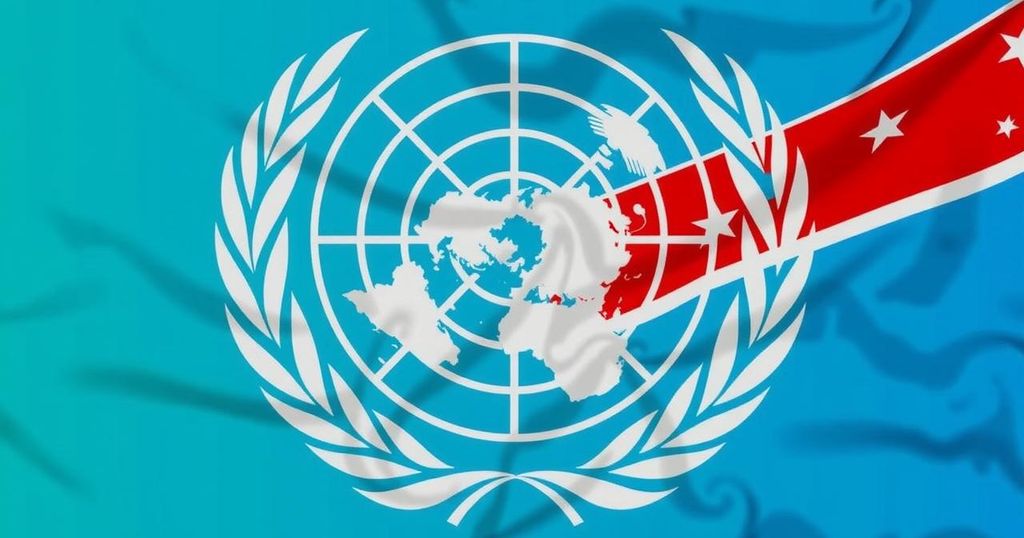Papua New Guinea Declares Boycott of UN Climate Conference COP29
Papua New Guinea will boycott COP29, as stated by Foreign Minister Justin Tkatchenko, due to frustrations over unfulfilled climate promises by major polluters. Tkatchenko criticized the COP process as ineffective, highlighting ongoing debates concerning the financing of climate actions and the urgency of addressing fossil fuel reliance.
Papua New Guinea has announced its decision to boycott the upcoming UN Climate Change Conference, COP29, as stated by the nation’s Foreign Minister, Justin Tkatchenko. He conveyed his sentiments to the AFP news agency, stating, “There is no point in going there if we fall asleep because of jet lag because we don’t achieve anything.” The Minister expressed skepticism regarding the effectiveness of the conference by criticizing the commitments made by major polluting nations, declaring, “All the big polluters in the world are pledging and committing millions to help and relieve the climate. And I can tell you right now that it’s all going to consultants.” Minister Tkatchenko further elaborated on his frustration by asserting, “The COP is a total waste of time. We are fed up with the rhetoric and also the endless loop of having achieved absolutely nothing in the last three years.” The COP29, scheduled to take place from November 11 in Baku, Azerbaijan, seeks to expedite the transition away from fossil fuels and address climate financing issues. The next conference, COP30, will be held in Brazil in the following year. Papua New Guinea, noted for its expansive rainforests, which are the third largest globally, is often referred to as the “lungs of the earth.” However, the nation faces significant socio-economic challenges and vulnerability to natural disasters, which render it particularly at risk from the impacts of climate change. The context of this boycott emphasizes the disillusionment felt by certain nations regarding the efficacy and outcomes of international climate discourse.
The UN Climate Change Conferences, particularly known as COP meetings, bring together countries worldwide to discuss and negotiate measures to combat climate change. These summits often highlight the commitments of industrialized nations to reduce greenhouse gas emissions and assist vulnerable countries. Papua New Guinea, possessing the third-largest area of rainforest, plays a crucial role in global climate regulation but faces significant challenges due to its impoverished economy and the recurrent threat of natural disasters, heightening its vulnerability to the adverse effects of climate change. The current context reflects ongoing dissatisfaction with the perceived ineffectiveness of the COP process, underscoring a growing sentiment among some nations about the need for tangible outcomes rather than empty promises.
In summary, Papua New Guinea’s boycott of COP29 underscores a critical stance against the ineffectiveness of international climate negotiations, particularly in relation to major polluter accountability. The remarks made by Foreign Minister Justin Tkatchenko reflect a broader disillusionment with the COP process, particularly regarding a perceived lack of action on climate commitments. The implications of such a boycott point to the urgent need for reform in how global climate initiatives are structured and executed, especially in light of the pressing vulnerabilities faced by nations like Papua New Guinea.
Original Source: www.bluewin.ch




Post Comment